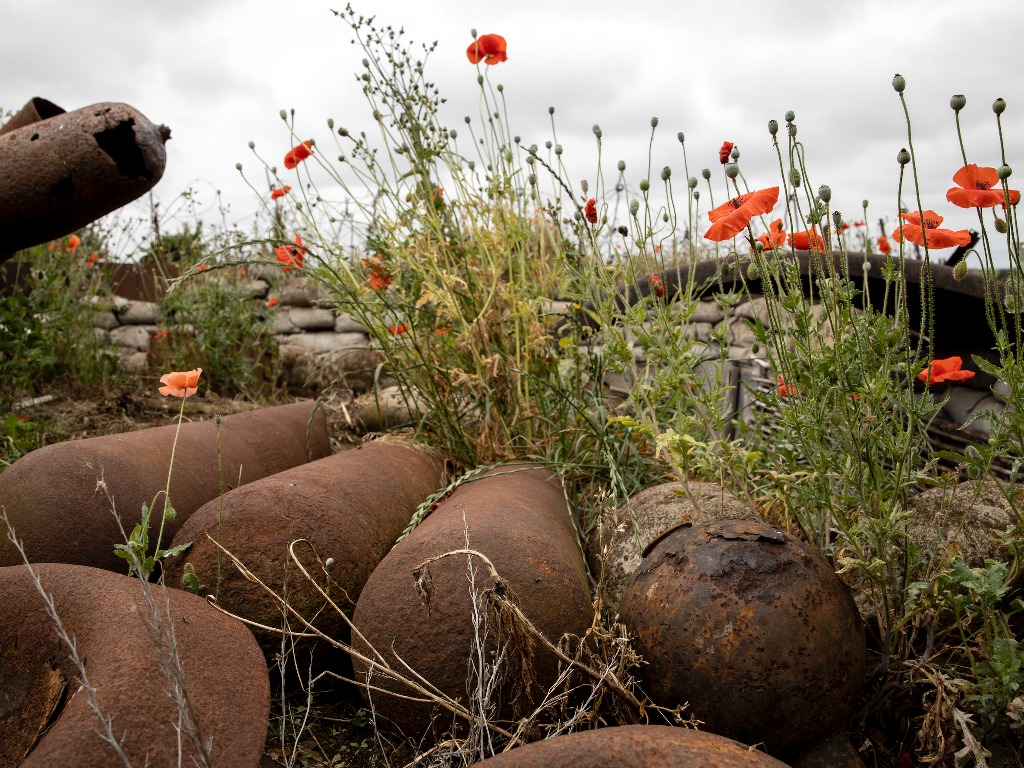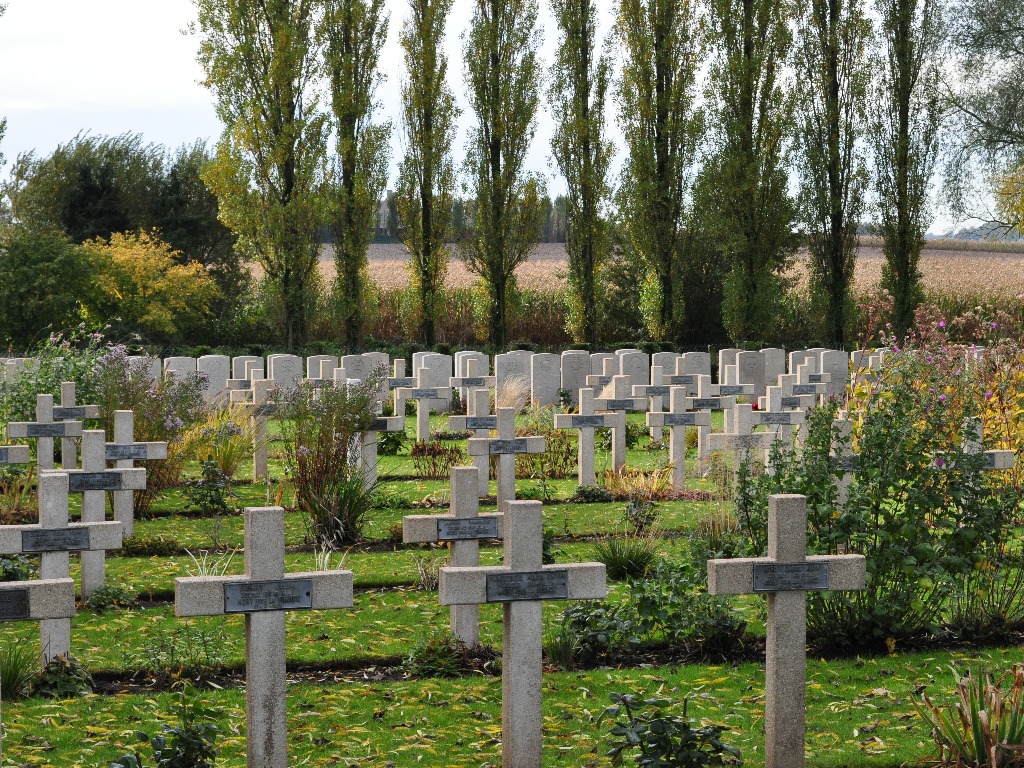A trip to Flanders sparks remembrance—and a worthy detour

This Remembrance Day, Canadians will once again wear the symbolic red poppy to mark the end of the First World War and to remember and reflect on all those affected by wars since.
For many who attended primary school in Canada, one poem comes to mind: In Flanders Fields, the famous work by Canadian John McCrae, which resonates deeply, connecting Canadians to the places and people touched by war.
This year, Belgium and Visit Flanders have strengthened their commitment to honour and education by officially recognizing the approximately 4,000 First Nations, Métis, and Inuit soldiers who fought in the First World War, many of whom saw action in Flanders, Belgium.
In a special ceremony, Visit Flanders invited a delegation of Indigenous Canadians to participate in memorial services at the Menin Gate, a prominent war memorial in Ypres. There, descendants performed culturally significant rituals to honor the fallen. A highlight was the tribute to two veterans, including Mi’kmaw soldier Sam Globe from Nova Scotia’s Acadia First Nation, which became a focal point in Visit Flanders’ decision to invite the Indigenous Canadian delegation.
A storied place
As one explores the Flemish countryside, reminders of the shared experiences between Canada and Belgium underscore the cost of freedom. Monuments, plaques, and personal stories are found throughout the region, telling the tales of those who served.
With hundreds of thousands of Canadians traveling to Europe each year, activities that highlight the contributions of those who served should be encouraged. Visit Flanders has developed programs for visitors interested in sites of historical significance. The Flemish government has invested extensively in preserving these sites and memories for future generations, providing Canadians a sense of pride in this shared heritage.

Photo: Westtoer
Canadians are warmly welcomed worldwide, but in Flanders, this is especially true. Stories of camaraderie between Canadian soldiers and Flemish citizens are woven into the local landscape, from photos of Canadian soldiers enjoying drinks in the very local establishments you may be dining in 100 years later to prominent monuments commemorating their service.
48-hour tour of remembrance
Visit Flanders has curated a 48-hour tour specifically focused on Canada’s wartime contributions, featuring sites of historical importance to Canadian visitors.
Convenient rail connections, with Eurostar offering travel times of two hours or less from major cities like London, Paris, Amsterdam, and Cologne to Flemish cities, make these sites easily accessible while visiting other major European cities.
There is another unique parallel between Canada and Belgium in this story. While Canadians fought, sacrificed, and played a significant role in the liberation of Belgium, Canada itself gained a new sense of independence.
Both Belgium and Canada emerged from the fields of Flanders with renewed national identities. The bravery and effectiveness of Canadian soldiers allowed Canada, for the first time, to step forward from under the British Empire’s shadow, marking the unofficial birth of a distinct national identity.
Tags: Belgium, Flanders, John McCrae, Remembrance Day, Visit Flanders, Ypres


